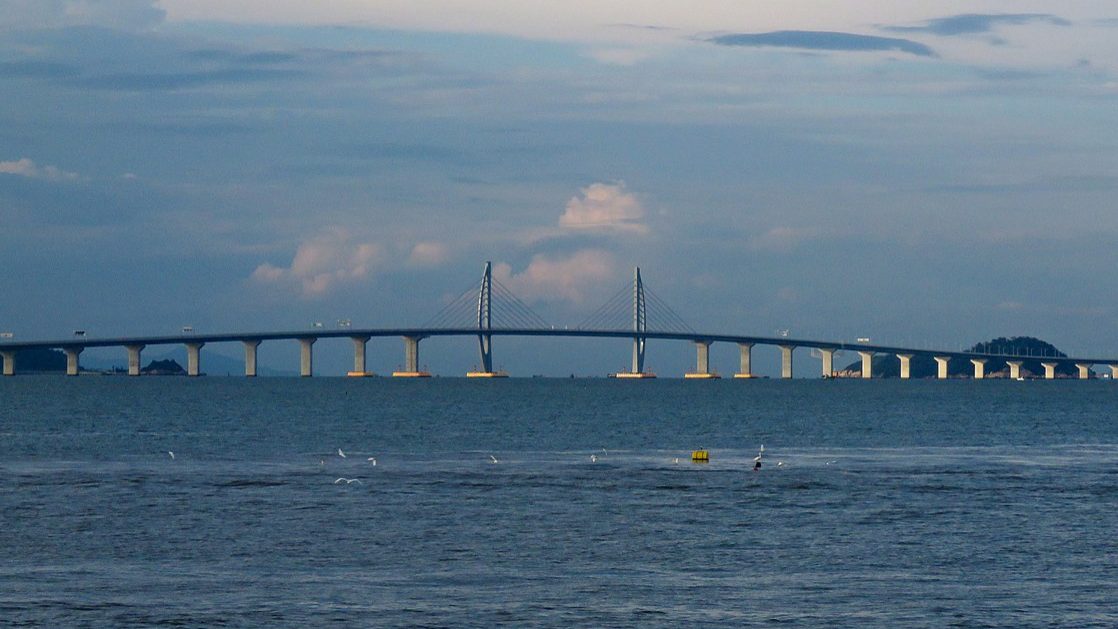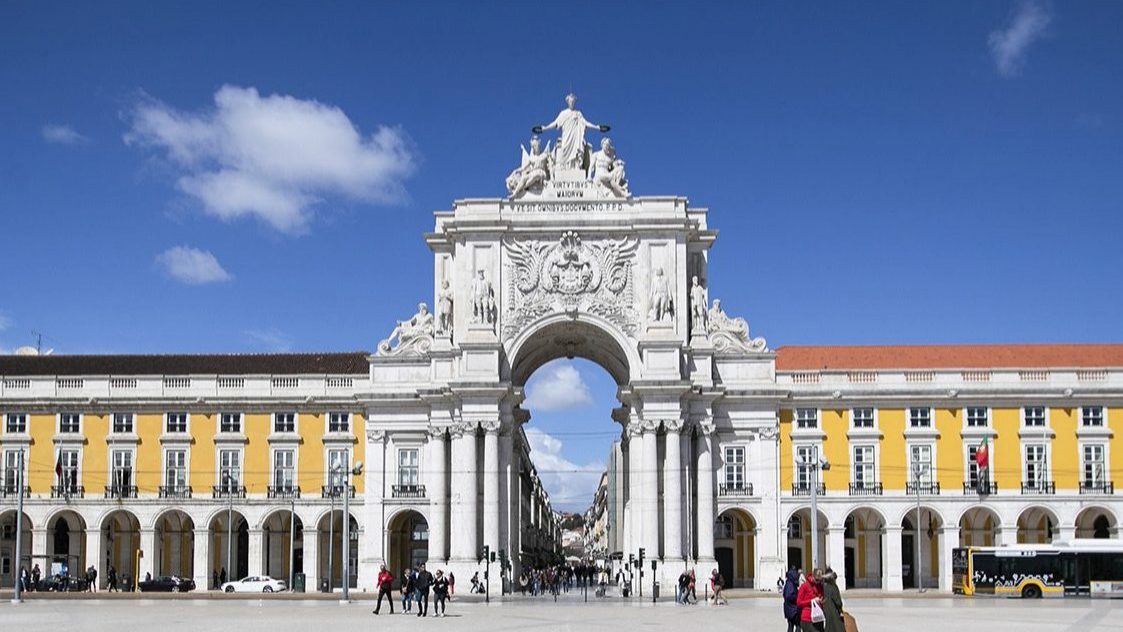Bilateral relationship China-Portugal goes beyond Macau
The Portuguese ambassador in Beijing, José Augusto Duarte, said "the relationship with China is broader than Macau and cannot be a book of nostalgia."
The Portuguese ambassador in Beijing, José Augusto Duarte, said on Friday that the bilateral relationship between Portugal and China goes beyond Macau and that Portuguese entrepreneurs should not remain in the shadow of their ancestors.
“Macau’s role has an inescapable link in the relationship with China. It is a case study of what dialogue between nations should be,” the ambassador said in a videoconference organised today by the Portuguese-Chinese Chamber of Commerce and Industry (CCILC), recalling that “the relationship with China is broader than Macau and cannot be a book of nostalgia.”
The diplomat, who was speaking to a hundred businessmen and managers about “Bilateral Relations and the New Phase of the Strategic Partnership”, an event that took place as part of the “Connecting China to Portugal” cycle, organized by the CCILC, thus challenged businessmen to build “a new legacy and a new future”.
José Augusto Duarte admitted, however, that in the framework of the Forum for Economic and Trade Cooperation between China and the Portuguese Language Countries there is currently the challenge of “easing customs barriers” in exports passing through Macau to Mainland China.
Portuguese speaking countries, when exporting to Mainland China through Macau, face double taxation and new customs barriers.
“We have a challenge here and it would be good to ease the customs barriers”, he continued, highlighting the role of the Forum for Economic and Trade Cooperation between China and the Portuguese Language Countries (Macau).
Currently, many Portuguese language countries export to China without passing through Macau due to this situation.
The ambassador also said that China is “an unavoidable partner in the whole world” and that the “focus and understanding of this market” by Portuguese entrepreneurs “is fundamental”.Portugal “must be united and have a huge strategic partnership between the state and the private sector. It’s a collective responsibility”, he stressed, challenging entrepreneurs to export to China and reminding that the terms of trade of exports for imports are unfavorable to Portugal.
Even so, he noted that in the first quarter of this year, the weight of n Portuguese agri-food exports in total exports to China increased 255% compared to the same period in 2019.
Portuguese companies are already allowed to export pork, aquatic products, dairy products, table grapes, low risk agri-food goods such as olive oil, wine or honey.
He stated that several negotiation processes are in progress between Portugal and China to allow the export of beef, poultry, sheep and pears and citrus.
“We must not be afraid to go to this market [of 1.4 billion consumers]. We have to overcome difficulties, and it is desirable and healthy for a balanced relationship”, José Augusto Duarte stressed.
China’s response to the pandemic makes it one of the countries that “will recover most quickly”, so it is “a sure bet” because it will be the one that “will have the greatest growth in the next decade.”
In addition, the ambassador considered that Portugal has the capacity to absorb more Chinese capital, an investment that “complies with market rules and respects Portuguese laws”.
About Portuguese exports, he said, this country consumes everything, but it would be interesting to export processed products with “quality and added value” to be competitive.
José Augusto Duarte also defended the importance of negotiations on the bilateral investment agreement between China and the EU, considering that they should be concluded during the German presidency of the EU, which precedes the Portuguese one.
“It was a very important step due to the wear and tear that the pandemic has caused and it would greatly stimulate productivity and trade,” said the diplomat, also pointing out that regular air transport, of passengers and goods, is of “the greatest importance” in connectivity with China.
In this area, he said that “the ideal was to have every day” air connections between the two countries and argued that Portugal should bet on Chinese tourists, because they are “orderly and not conflictive, like to consume and belong to the high-end tourism segment.”


